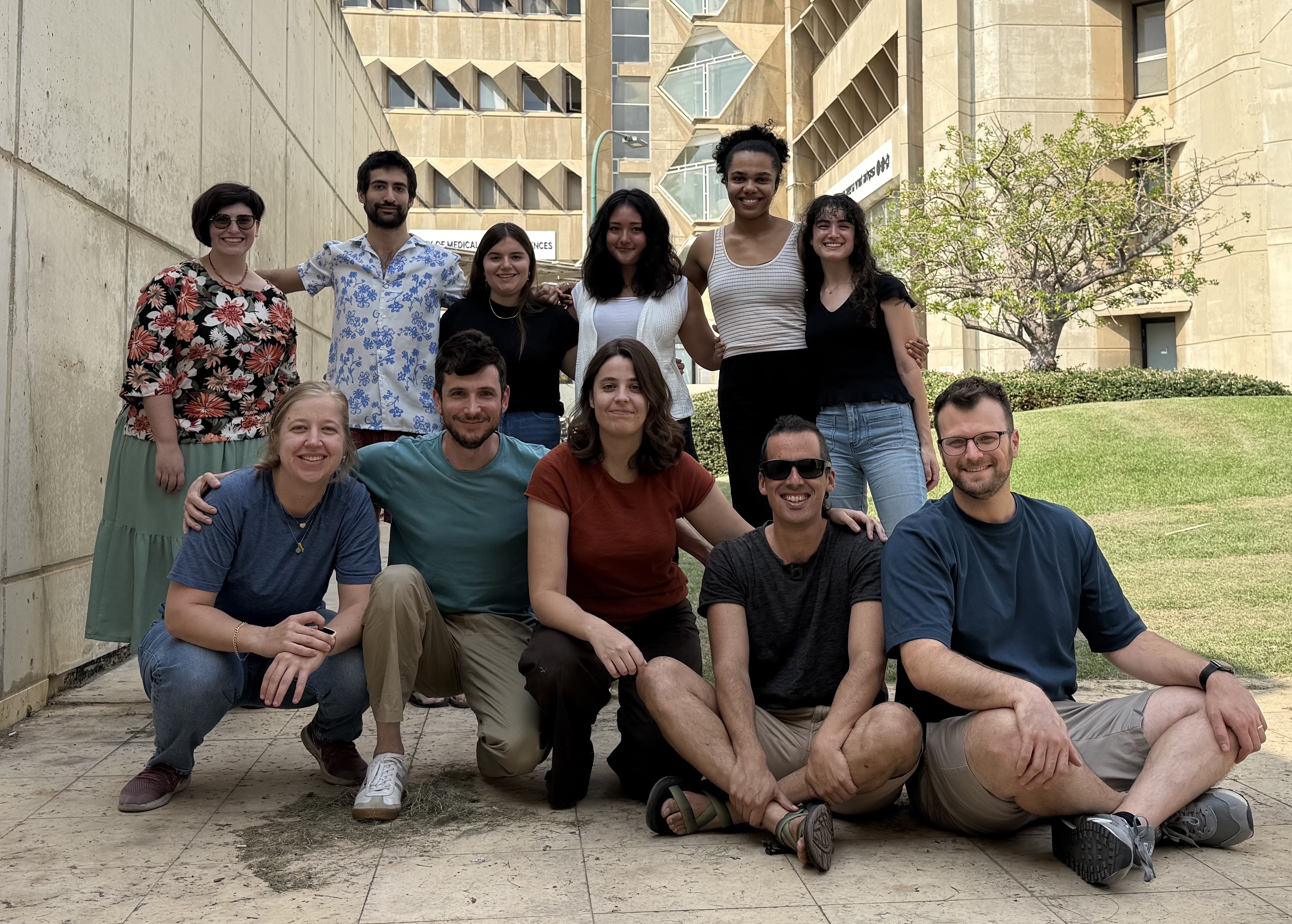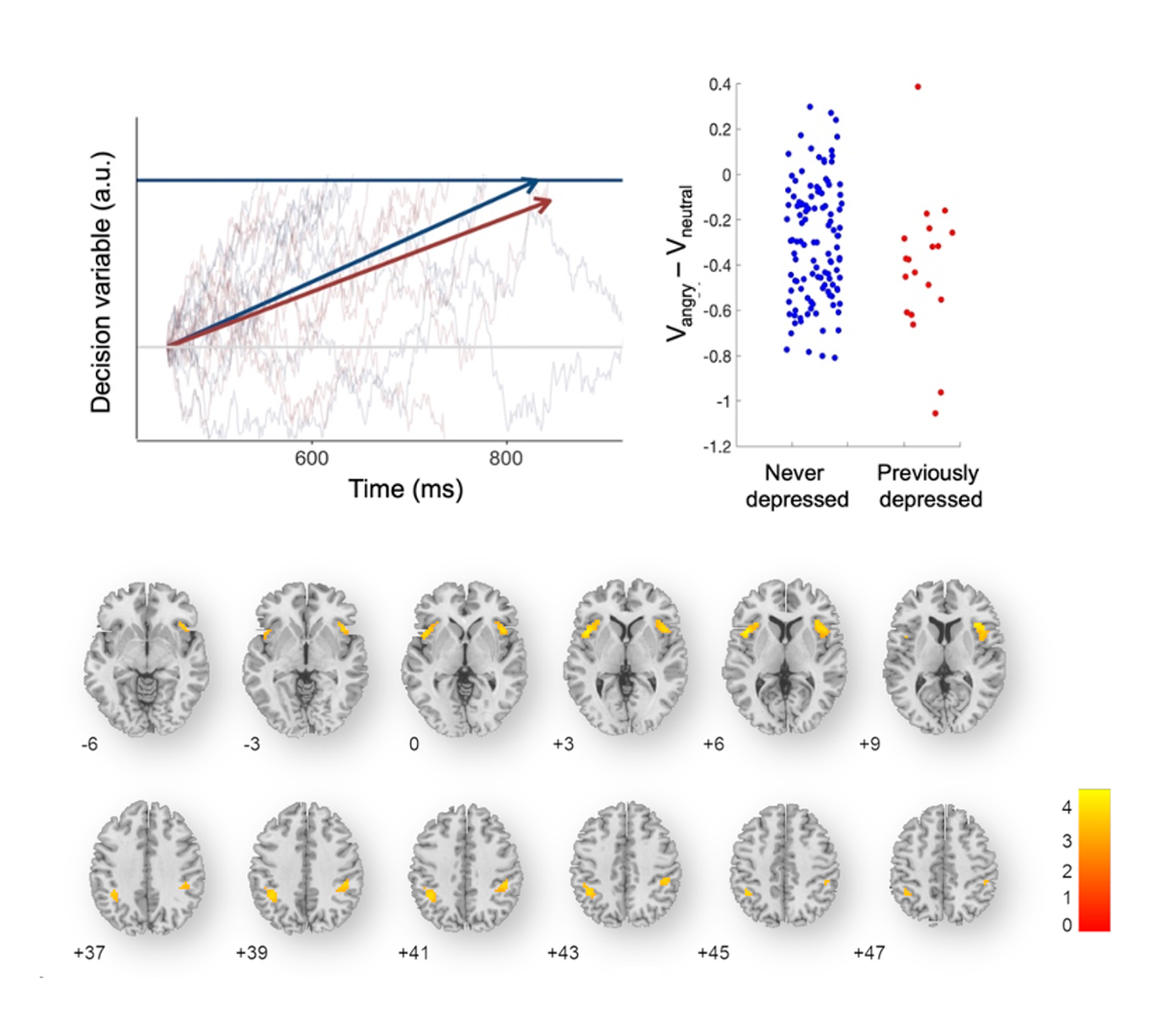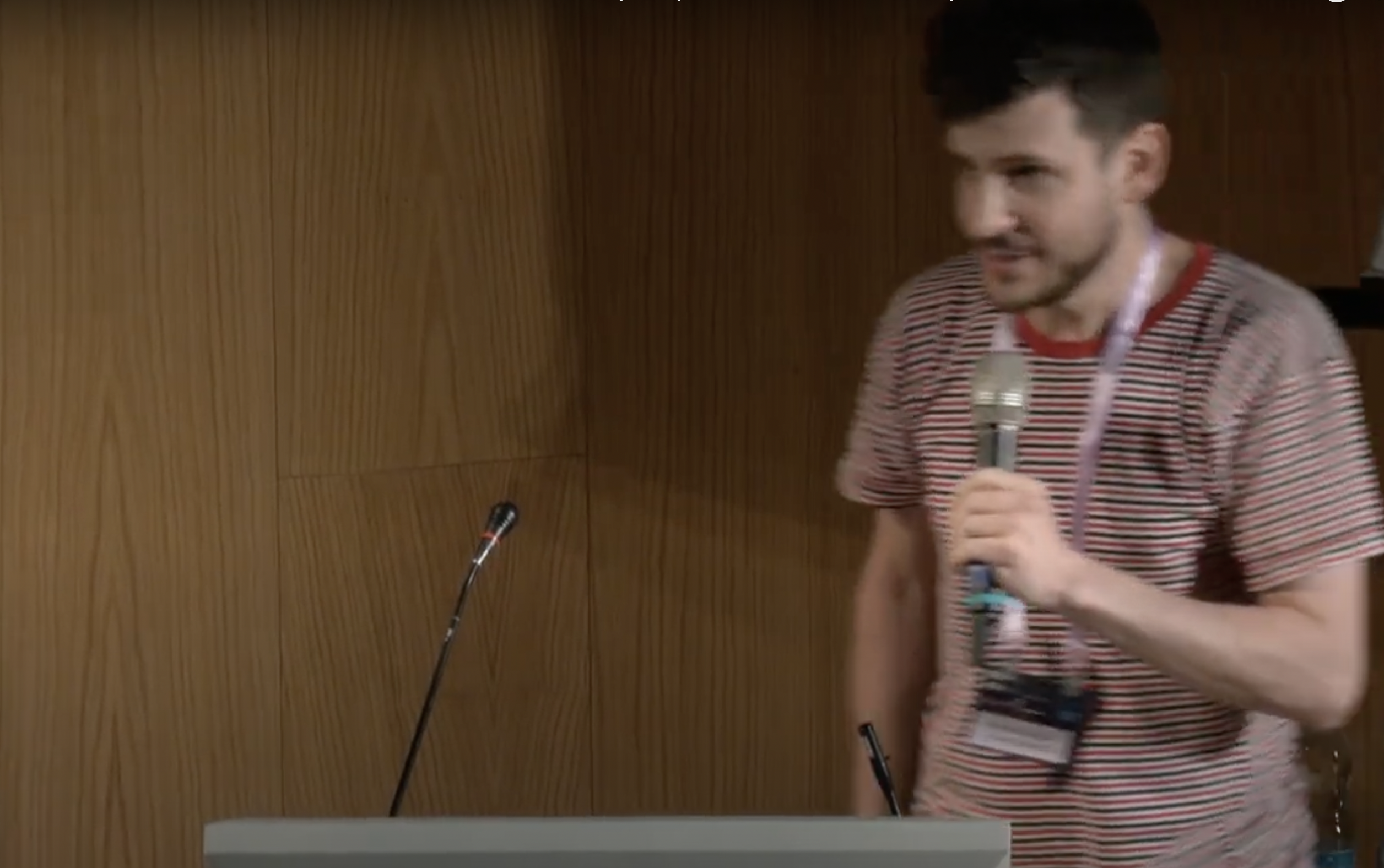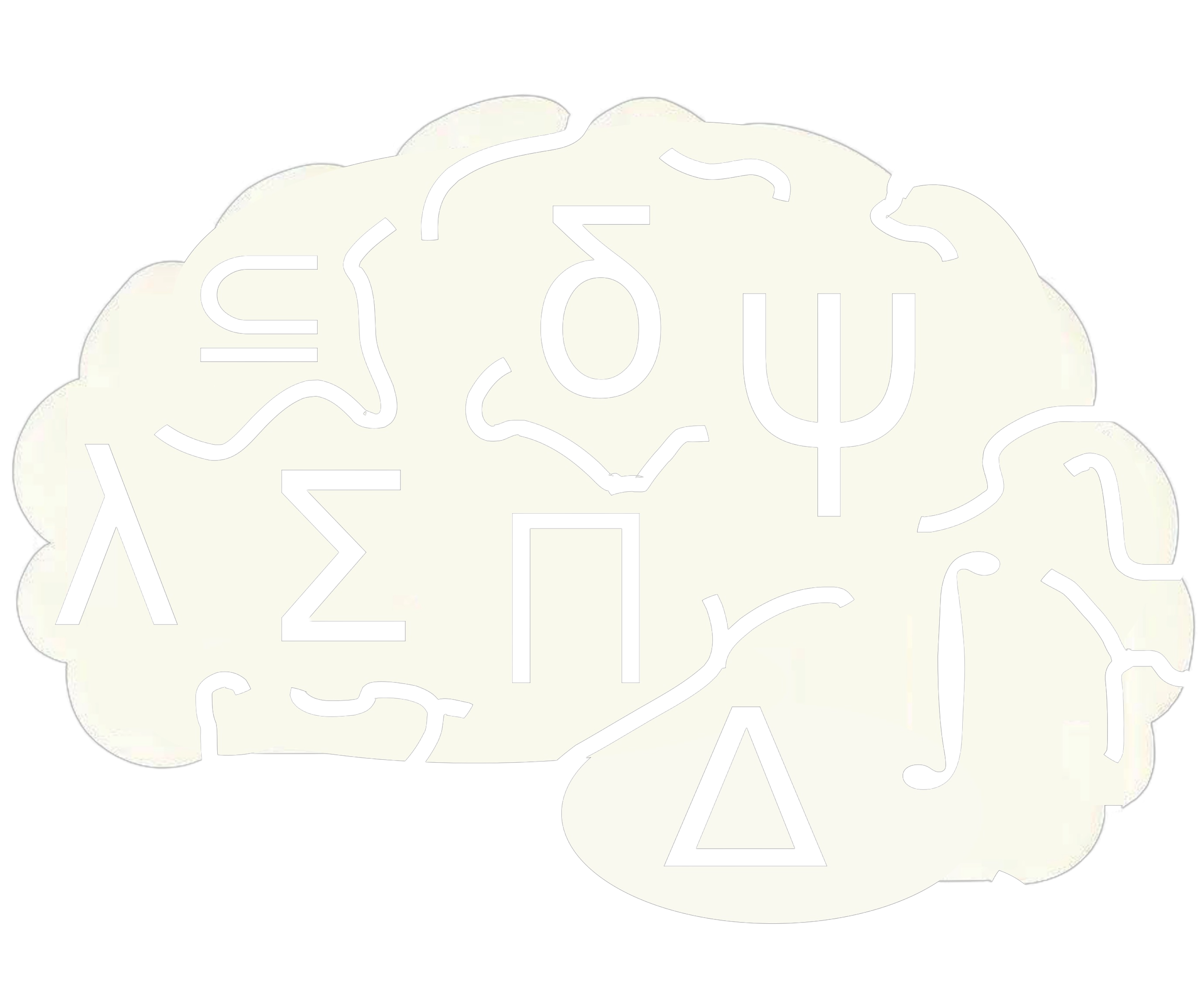Welcome to the Psychiatry in Action lab
The lab is led by Dr Noham Wolpe, a clinical psychiatrist and researcher.
Our broad interest is in understanding the mechanisms of mental health factors, such as motivation and mood.
Latest Updates
We welcome Goni, Noa, Shulamit, Lauren and Hiddai to our lab! Learn more about them in our people page.
News outlets covered our recent work on age-related bias in emotion recognition. Check it out down below.
Our work on age-related bias in emotion recognition was publish on September 24, 2025! Check it out in our publications page.
Our recent work on foraging behaviour across the lifespan and in relation to depressive symptoms was published on February 19, 2025! Check it out in our publications page.
Our recent work on depression and anxiety symptom networks was published on February 17, 2025! Check it out in our publications page.
We welcome Goni, Noa, Shulamit, Lauren and Hiddai to our lab! Learn more about them in our people page.
News outlets covered our recent work on age-related bias in emotion recognition. Check it out down below.
Our work on age-related bias in emotion recognition was publish on September 24, 2025! Check it out in our publications page.
Our recent work on foraging behaviour across the lifespan and in relation to depressive symptoms was published on February 19, 2025! Check it out in our publications page.
Our recent work on depression and anxiety symptom networks was published on February 17, 2025! Check it out in our publications page.

Lab picnic
We had a lab picnic where we welcomed new students in the lab and said goodbye to the students leaving the lab.
Recent work
Latest findings and publications
Explore our latest findings and publications on Google Scholar.
News outlets covered our recent work on age-related positivity bias in emotion recognition
Our latest study on age-related on aged related positivity bias in emotional recognition has received coverage from major outlets in the UK and Israel. This work reveals a link between the age-related positivity bias in emotion recognition and cognitive decline, hightlighting associated structural and functional brain differences - a connection that may serve as a potential marker for neurodegeneration.
Link to the BBC ArticleLink to the Walla News Article (Hebrew)
Link to the paper


Rethinking the assessment of negative symptoms
New research reveals schizophrenia's negative symptoms fall into two distinct categories: emotional expression and motivation deficits. While standard clinical tools effectively measure emotional expression, they inadequately capture motivation problems—critical for patient outcomes. This discovery may explain why many treatments have failed and highlights the need for more precise assessment methods in both research and clinical practice.
Link to full open-access manuscriptBehavioral and brain differences in the processing of negative emotion in previously depressed individuals
Jakub’s paper was published in Emotion. We investigated the cognitive mechanisms behind attentional negativity bias in depression, linking slower processing of angry faces to increased activity in the insula, inferior frontal gyrus, and parietal cortex. The findings suggest this bias may persist beyond depression

What is mental effort?
Mental effort is a widely used term but is poorly understood. Here's a talk I gave at CRCNS that summarises what we think about mental effort. Paper can be found here or in our publication page.





